Twenty-seven Years Later, Twenty Novels & Now an Audiobook
By Lois Winston
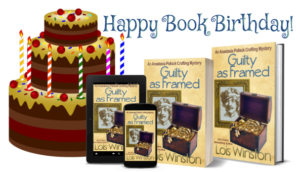 I’ve had a busy September. Guilty as Framed, the 11th book in my Anastasia Pollack Crafting Mysteries, officially released on September 6th. My virtual promo tour for the book began before the release date and will extend into next month, but beginning October 1st, I plan to start writing the next book in the series. I’ve given Anastasia enough of a break from murder and mayhem. Now all I need is a plot, but hey, it’s only September 28th. I’ve got three days to figure this out!
I’ve had a busy September. Guilty as Framed, the 11th book in my Anastasia Pollack Crafting Mysteries, officially released on September 6th. My virtual promo tour for the book began before the release date and will extend into next month, but beginning October 1st, I plan to start writing the next book in the series. I’ve given Anastasia enough of a break from murder and mayhem. Now all I need is a plot, but hey, it’s only September 28th. I’ve got three days to figure this out!
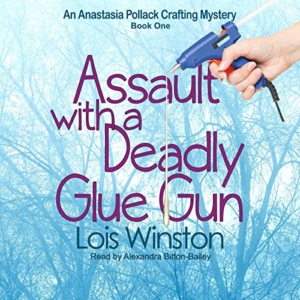 And now Assault with a Deadly Glue Gun, the first book in my Anastasia Pollack Crafting Mysteries, is an audiobook with the other books in the series to follow.
And now Assault with a Deadly Glue Gun, the first book in my Anastasia Pollack Crafting Mysteries, is an audiobook with the other books in the series to follow.
Guilty as Framed marks my twentieth published novel since my first book debuted in April of 2006. I’ve also published five novellas, a middle-grade book, a nonfiction book, and several short stories during that period. But that’s not the entire story. I began writing back in 1995. It took me nearly ten years to the day I first set fingers to keyboard to sell a book.
 My first attempt at writing a novel was the result of a weird dream I had one night while on a business trip. Weird because I normally don’t remember my dreams and weirder still because it didn’t involve anyone I knew. Or even me! And the dream continued to grow every night for a few weeks, unfolding like the chapters in a book.
My first attempt at writing a novel was the result of a weird dream I had one night while on a business trip. Weird because I normally don’t remember my dreams and weirder still because it didn’t involve anyone I knew. Or even me! And the dream continued to grow every night for a few weeks, unfolding like the chapters in a book.
Eventually, I decided to commit the dream to paper, and by the time I’d finished, I’d written 50,000 words of a highly emotional romance that spanned thirty-five years. I gave it to a friend to read, and she was in tears by the time she’d finished it. From her reaction and encouragement, I thought I’d penned The Great American Novel and began the search for a literary agent.
However, I quickly learned I’d written The Great American Drivel. But I’d enjoyed the process of writing so much that I wasn’t discouraged. I set out to learn what I’d done wrong and how to do it right. I read books, joined writing organizations, and attended workshops and conferences. Eventually, I signed with an agent and sold my first book, Talk Gertie to Me, a humorous tale of a mother, a daughter, and a buttinsky imaginary friend. The second book I sold was the novel formerly known as The Great American Drivel. In the ten years since I’d first written it, I’d revised it into Love, Lies and a Double Shot of Deception, a 90,000-word romantic suspense that spanned a few months instead of thirty-five years.
Then, encouraged by my agent, who loved the humorous voice I’d employed in Talk Gertie to Me, I began writing a humorous amateur sleuth mystery series, giving birth to Anastasia Pollack, my reluctant amateur sleuth.
Looking back over the last twenty-seven years, I’m amazed at what I’ve accomplished. There have been major stumbling blocks and roadblocks along the way, some of my own making and some completely beyond my control. But with encouragement from fellow writers who have become lifelong friends, my late agent, and my own stubbornness, I persisted and persevered. One of those dear writing friends used to add a quote from Galaxy Quest to the bottom of all her emails: Never give up! Never surrender! I’m glad I didn’t.
~*~
USA Today and Amazon bestselling and award-winning author Lois Winston writes mystery, romance, romantic suspense, chick lit, women’s fiction, children’s chapter books, and nonfiction under her own name and her Emma Carlyle pen name. Kirkus Reviews dubbed her critically acclaimed Anastasia Pollack Crafting Mystery series, “North Jersey’s more mature answer to Stephanie Plum.” In addition, Lois is a former literary agent and an award-winning craft and needlework designer who often draws much of her source material for both her characters and plots from her experiences in the crafts industry. Learn more about Lois and her books at her website www.loiswinston.com where you can also sign up for her newsletter and follow her on various social media sites.

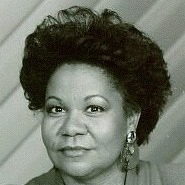
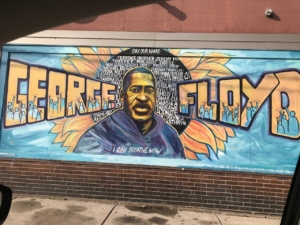
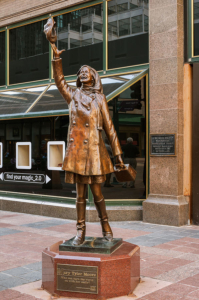
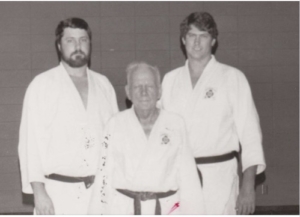
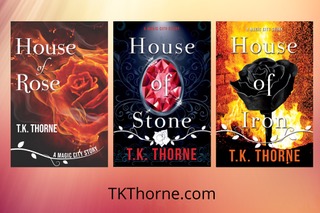
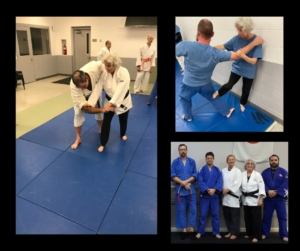
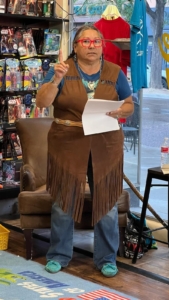
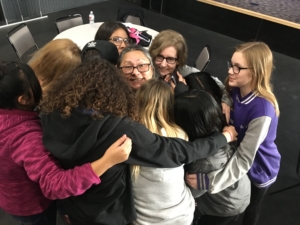
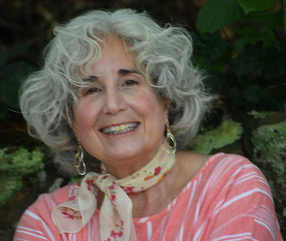
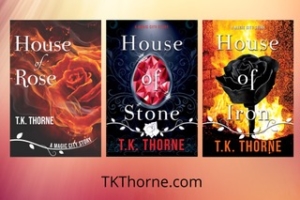
 Interview with Paula Gail Benson
Interview with Paula Gail Benson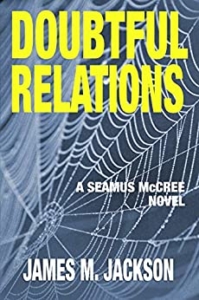 Family is an important aspect of Seamus’ life. How do interactions with the various members of Seamus’ extended family (girlfriends, ex-wife, son, granddaughter, mother, and step-sister) help reveal his character traits?
Family is an important aspect of Seamus’ life. How do interactions with the various members of Seamus’ extended family (girlfriends, ex-wife, son, granddaughter, mother, and step-sister) help reveal his character traits?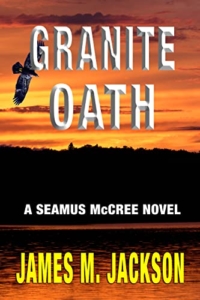 Granite Oath is particularly intriguing because Seamus, in seeking to help Valeria and her family, must confront suspicion and resistance as a male caring for young females who are not his own children. His situation seems most precarious when he takes Valeria to see a doctor. Did you research this issue or depend upon your own observations to write these scenes?
Granite Oath is particularly intriguing because Seamus, in seeking to help Valeria and her family, must confront suspicion and resistance as a male caring for young females who are not his own children. His situation seems most precarious when he takes Valeria to see a doctor. Did you research this issue or depend upon your own observations to write these scenes?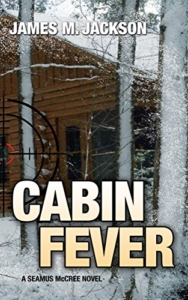
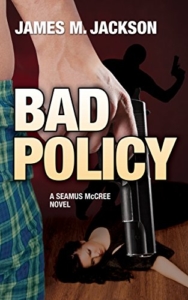
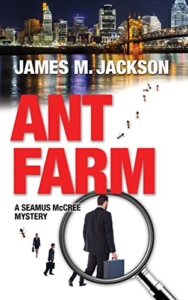 Your novel titles progress alphabetically. Do you envision 26 Seamus’ books?
Your novel titles progress alphabetically. Do you envision 26 Seamus’ books?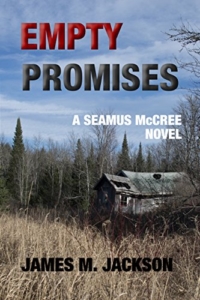
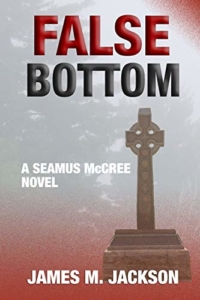 Short Biography:
Short Biography: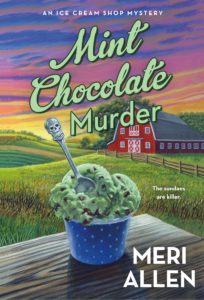


 He reads lips and knows sign language. I can’t have one character walk away from him while they’re still talking and Raynor comprehend what is being said. And as helpful as sign language is, not everyone uses it. So unless the other characters use sign language, it’s a moot point. Ever try to write dialogue using sign language?
He reads lips and knows sign language. I can’t have one character walk away from him while they’re still talking and Raynor comprehend what is being said. And as helpful as sign language is, not everyone uses it. So unless the other characters use sign language, it’s a moot point. Ever try to write dialogue using sign language?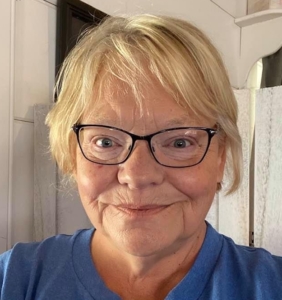
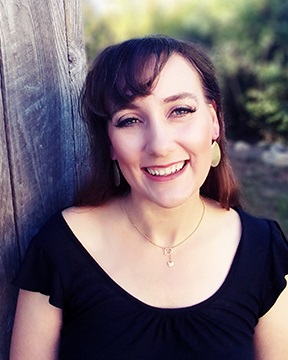
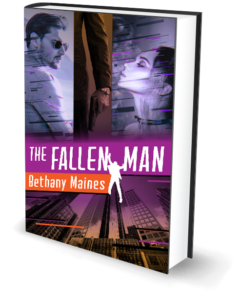 The Fallen Man – Book 4 of the Deveraux Legacy Series – releases October 18 – PREORDER:
The Fallen Man – Book 4 of the Deveraux Legacy Series – releases October 18 – PREORDER:  Indeed it was, and comfy, most of the time. We had no worries on a trip from Texas to Yellowstone National Park, until we ran into an unexpected hail storm.
Indeed it was, and comfy, most of the time. We had no worries on a trip from Texas to Yellowstone National Park, until we ran into an unexpected hail storm.
